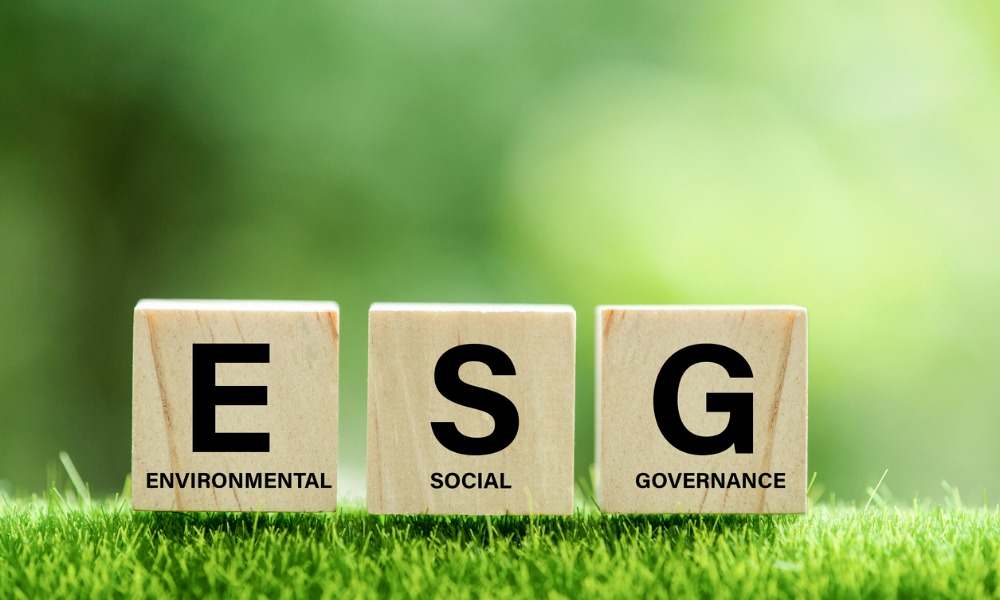Report highlights the trends that will power the growth in environmental, social, and governance

With the pandemic having highlighted inequalities in many economies and climate change high on the priority list, ESG is set for further growth this year.
But what are the key trends that will drive this growth?
A new report from S&P Global draws on experts from across its divisions and reveals that as ESG demand intensifies there will need to be more accountability, greater regulatory scrutiny, and credible disclosure backed by better data.
Corporate leaders will be required to up their game in terms of ESG skills, with investors demanding better accountability and a heightened focus on sustainability.
Expect more activist shareholder action to vote down people and policies that do not further areas such as diversity and inclusion; box-ticking will not cut it as investors push for genuine change.
Firms will be expected to increase the transparency of their ESG disclosures, not only from investors but from enhanced regulation. We could see international standardization of ESG metrics, something that is currently lacking.
While firms may be setting net zero targets, 2022 will also see an escalation of demand for near-term action on emission reductions. There will also be an increased linking of environmental issues with social ones, such as the impact of climate change on poorer nations.
"Alongside climate, biodiversity and other environmental concerns, social issues like diversity, equity and inclusion and worker wellbeing appear poised to remain in the spotlight, particularly as they are increasingly woven into broader ESG discussions," said Richard Mattison, president, S&P Global Sustainable and a lead author of the report ‘S&P Global: Key trends that will drive the ESG agenda in 2022.’
Financial services focus
For the financial services industry, S&P Global sees a greater focus on climate change stress testing.
This will apply to major financial institutions but also to financial systems, as investors and other stakeholders become more engaged in the climate risk for the industry.
The other key trend will be how the financial services industry will help to finance the facilitation of the low-carbon transition.
The integrity of the sustainable debt market will also be tested following a 61% growth in issuance in 2021 compared to the previous year (to US$960 billion). Addressing concerns about greenwashing will be an important part of this integrity testing.
Divestment or engagement?
The report also notes that the split between those that believe divesting assets that do not meet their ESG criteria is the best way to effect change, and those that believe staying invested and pushing from inside will work better.
While they expect that negative screening will expand, the report’s authors highlight that this may lead to delayed action from the divested firms who will attract investors for whom ESG is not a big concern.
The full report is available at spglobal.com
At S&P Global we have outlined the key #ESG trends that we think will drive the conversation in 2022.
— S&P Global (@SPGlobal) January 31, 2022
These trends exhibit overlaps and interactions that will have a direct influence on the prospects for meaningful progress on ESG issues in 2022. https://t.co/kr5xHwg6iD pic.twitter.com/1maJvREKWD



